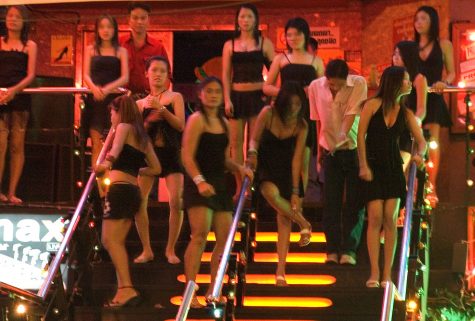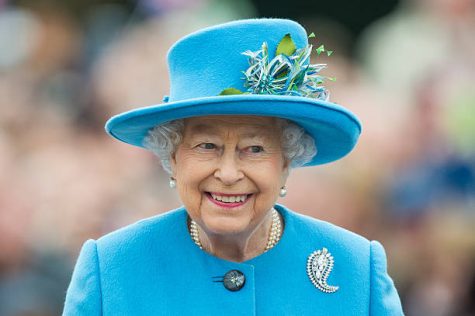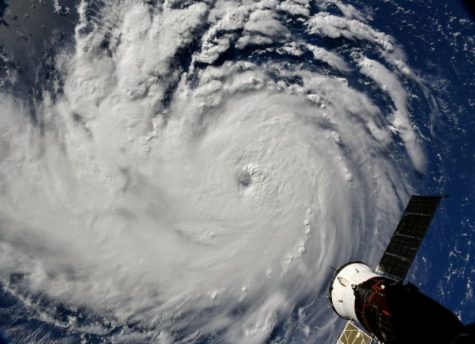Modern Day Slavery
Slavery still exists. Whether it be in a foreign country far away or right here at home in the United States, slavery still remains a part of our society. The business of selling humans for sex, manual labor and organs makes up an industry worth multi-billions of dollars. Nearly every country in the world has been affected by it through means of, recruiting, transporting or harboring victims. Human trafficking has been and remains a tremendous issue deserving of attention. And, although there is no definitive way of calculating the number of trafficked victims in the world, this number is estimated to reside around 20.9 million victims of forced labour around the globe (research conducted in 2012 by the International Labour Organization).
Every year, more and more people are forced into human trafficking all over the world. Recently, three Thai fishing boats were discovered in Indonesia to hold dozens of trafficked fishermen on board. The captains of these fishing boats were detained on April 12, but unfortunately escaped by scaling a wall on May 7. There were a total of 79 crew members, all of whom had been trafficked. Fifty-four of the crew members had been tricked into their jobs with the promise of high salaries and bonuses. In this case, human trafficking took the form of manual labor.
Human trafficking is a serious crime with many victims; however, there are some victims who have survived the horrors of trafficking and continue to fight against it. Norma Bastidas, a woman who has survived the practice twice, broke the Guinness World Record for swimming, running and biking a 3,762 mile triathlon in May of 2014. Bastidas used running as a form of catharsis from her experience as a prostitute. The course she took during the triathlon was a route human traffickers were known to take. By running the triathlon, Bastidas not only hoped to draw attention to the issue of human trafficking, but also to empower other victims and survivors.

image courtesy of Wikimedia Commons
Human trafficking is an issue that has caught the attention of people here at Classical Academy High School. CAHS’s Help for Hope club serves to “promote awareness, teach about prevention and to help the survivors that we’re helping in San Diego,” as described by club founder, junior Bridget Stephenson.
What can the public do to get involved in the fight against human trafficking? Stephenson says, “There’s a lot of organizations you can volunteer for that are specifically to help survivors. [People] can raise awareness around their community, because it’s becoming very prevalent in San Diego. So, if you raise awareness, then people will be more informed that it’s happening right in our city.”
There are many organizations that serve to address the issue of human trafficking, whether it be to assist survivors or to confront trafficking with combat. In the United States, there are dozens of non-government associated organizations (NGOs) that combat human trafficking, in addition to many more organizations around the world. One of the most influential anti-human trafficking organizations in the United States is the Polaris Project, which frees victims, prevents slavery, and searches for traffickers. Organizations working to prevent human trafficking and assist victims around the world includes: the Children’s Organization of Southeast Asia, Urban Light, the Empower Foundation, and the Student World Assembly’s Red Card Project.
Because human trafficking remains a danger, it is important for the public to be well-informed of this issue. Stephenson says, “Many people think that it’s in different countries and that it’s far away; and that’s true, it is in different countries, but it’s also happening here […] San Diego is a huge part of it. A lot of the other big cities are too, but a lot of people aren’t aware that it’s so close to home.”
Human Trafficking Awareness Day takes place on January 1. In 2010 the president declared January to be a month to acknowledge slavery and human trafficking as legitimate issues that exist around the world. Anti-trafficking, non-governmental organizations help promote Human Trafficking Awareness Day in hopes of informing the public of human trafficking and encouraging them to take action against it.
Human trafficking is an issue that is currently being addressed by organizations around the world in hopes of ending this abuse. Although this issue remains a threat, there are survivors who fight to free others from bondage and strive to raise awareness.








